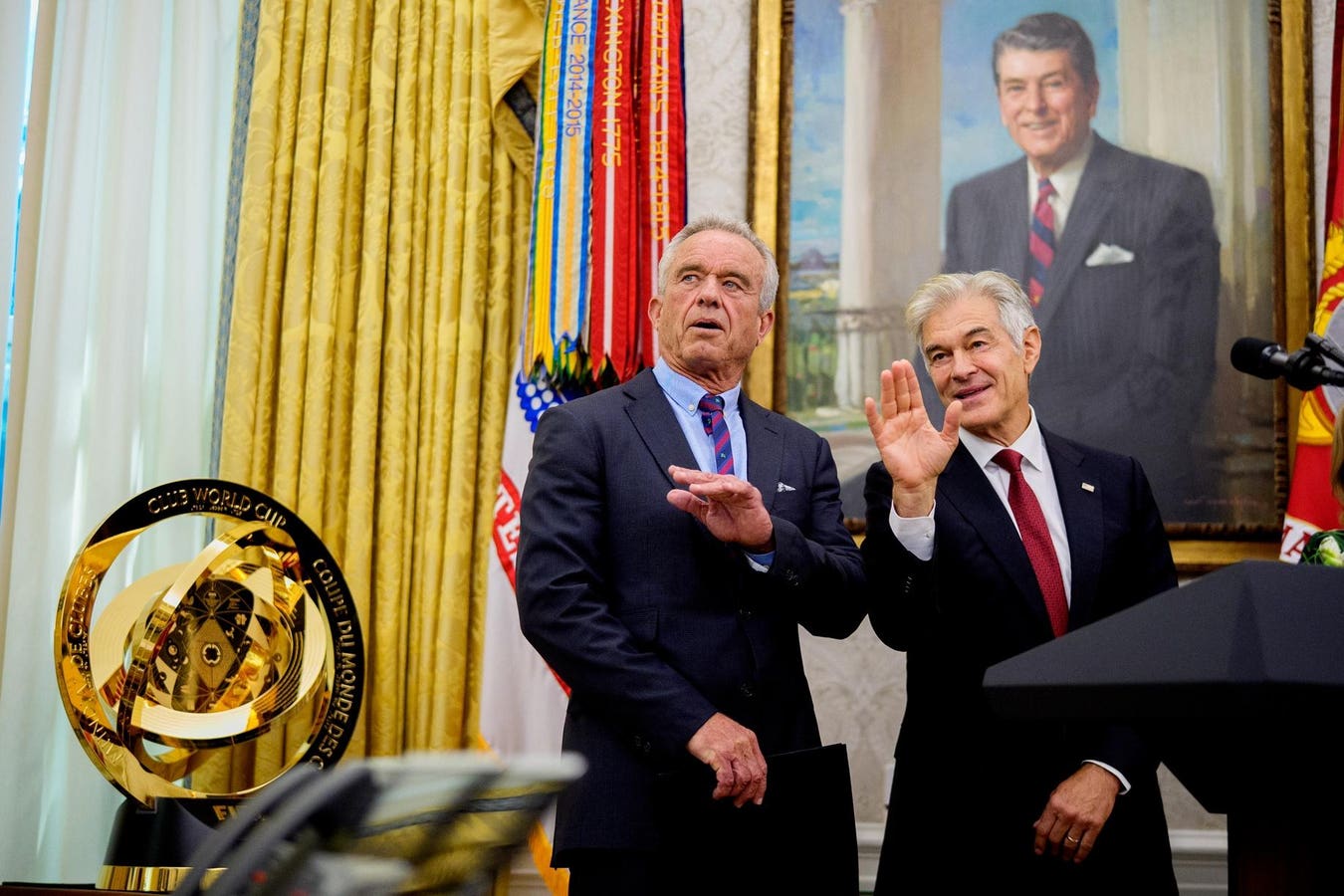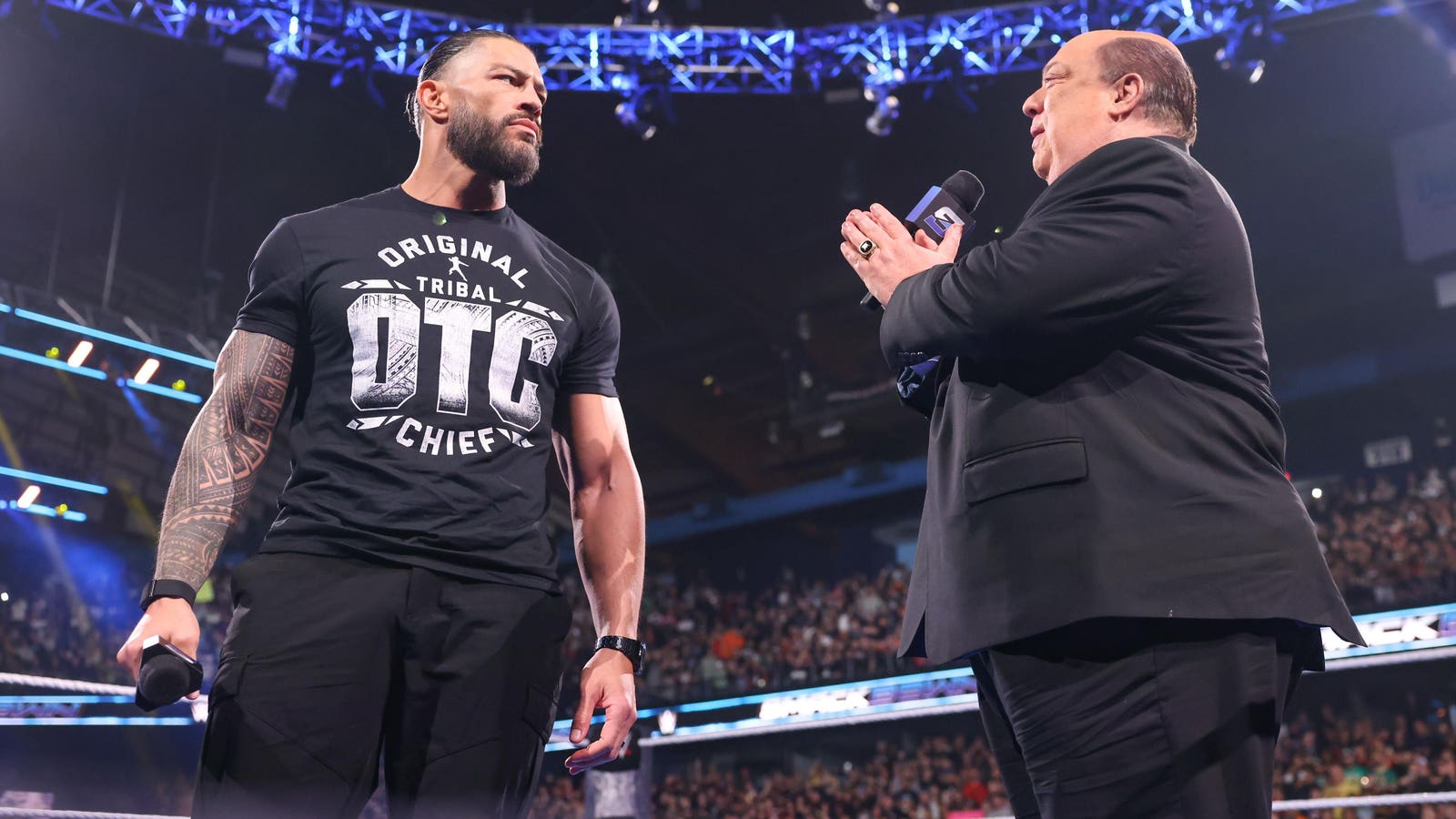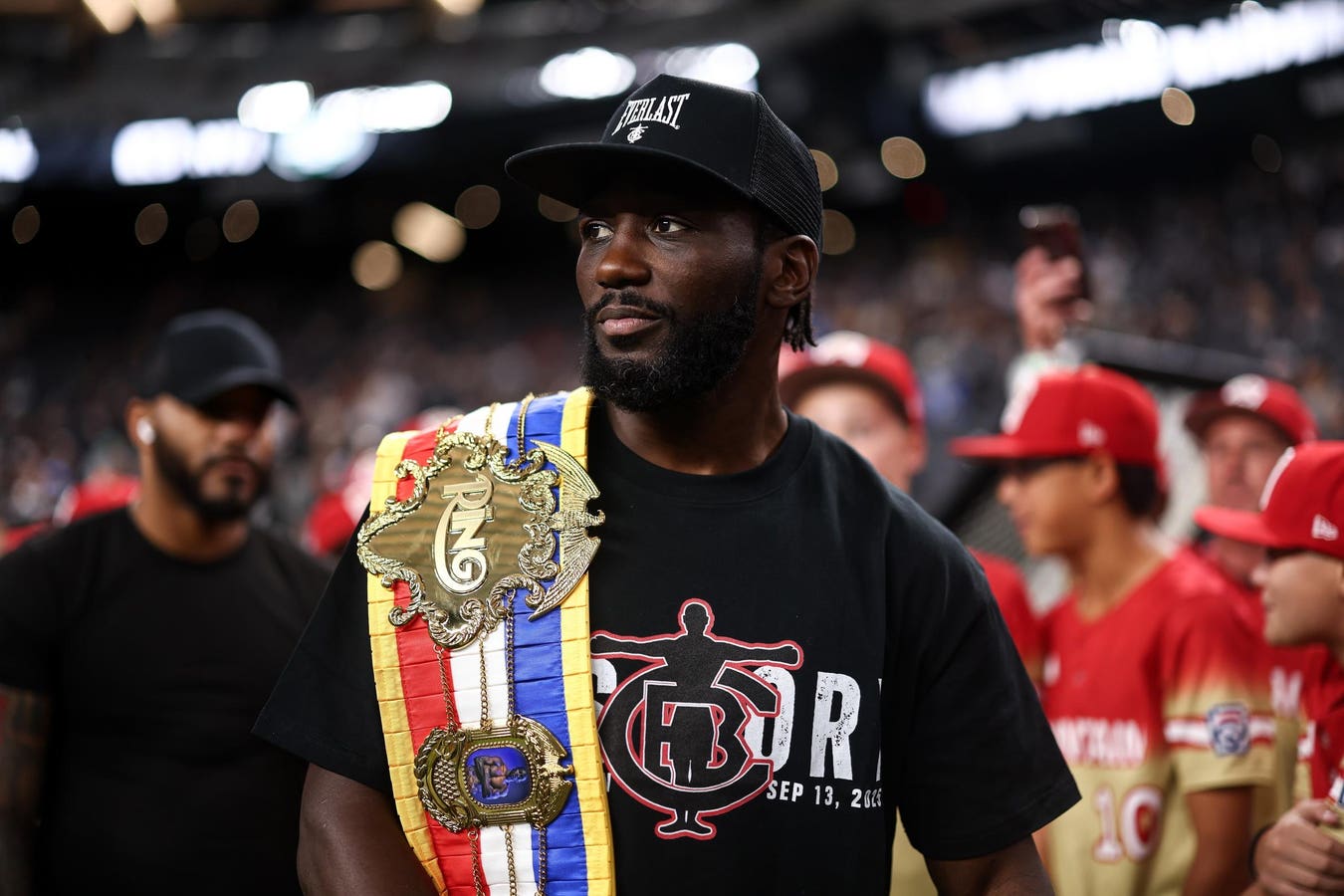Health and Human Services Secretary Robert F. Kennedy Jr. and Dr. Mehmet Oz need an army to … More
The Make America Healthy Again (MAHA) movement, championed by Health and Human Services (HHS) Secretary Robert F. Kennedy Jr., aims to promote the dietary, behavioral, medical, and environmental drivers that can improve health outcomes in the United States.
The movement has a presidentially appointed commission and a formal report.
What it needs is a nationwide network of established partners ready to carry out its recommendations.
It needs a MAHA army.
And who better to serve as this army than America’s health insurance brokers?
Often overlooked in the broader healthcare conversation, brokers are among the most trusted professionals in their communities.
They understand the intricacies of the healthcare system and how it affects people on a deeply personal level.
And they are uniquely positioned to help reduce chronic illness, curb overmedication, and promote healthier lifestyles—core goals of the MAHA initiative.
While the MAHA Commission has focused much of its early work on childhood illness, the movement’s potential is far broader.
We must also prioritize helping older adults live longer, healthier lives—free from the burden of preventable chronic conditions.
That kind of outreach requires boots on the ground.
And brokers are already there.
Nearly one million such brokers, in fact.
Roughly one-third of Medicare beneficiaries rely on brokers to help them choose a health plan; as such they are knowledgeable about the healthcare system and adept at driving behavior change.
These professionals are compensated through standardized commissions set by the Centers for Medicare and Medicaid Services (CMS), with payments for both initial enrollments and annual renewals.
But the best brokers do far more than enroll clients.
They help people navigate the healthcare system, schedule appointments, connect with nutritious food options, and even host workshops on topics like drug costs and palliative care.
In many ways, they’re already doing the work of community health workers—without the title or the recognition.
Some do it because it’s good for business.
A well-served client is a loyal client and a potential referral source.
But many do it because they care deeply about the clients who are often their friends and neighbors.
I recently spoke with a broker who was the first person a client called when her husband had a heart attack in the middle of the night. After contacting emergency services, the broker called the man’s cardiologist.
That’s the trust that the best brokers build with their clients.
Recently, however, Medicare Advantage brokers have come under increased legal and regulatory scrutiny with some suggesting that their commissions (as high as $440/year in renewal commissions after an initial year commission of $880) are wasteful and are paid in perpetuity without any associated requirements.
As the Centers for Medicare and Medicaid Services and its leader—Dr. Mehmet Oz—reviews Medicare Advantage broker compensation and health plan practices, it has a rare opportunity to reshape the system—one that rewards brokers not just for signing people up, but for keeping them healthy.
Imagine a model where brokers earn full renewal commissions only if they help clients schedule annual checkups, arrange preventive screenings, activate fitness benefits, or enroll in healthy eating programs.
These are not radical ideas.
Many brokers already do this work.
But aligning incentives with outcomes could transform the role brokers play in our healthcare system.
Yes, the MAHA movement is controversial.
Not all of its recommendations have been vetted by the scientific community.
But it has sparked a vital conversation about how we can reduce the burden of chronic disease on our people, our economy, and our future.
Behavior change and preventive care are essential.
But they require more than policy.
They require people.
Trusted, knowledgeable, community-rooted people.
The nearly one million healthcare brokers nationwide can be the army that HHS Secretary Robert F. Kennedy needs to make his vision of healthier America a reality.









